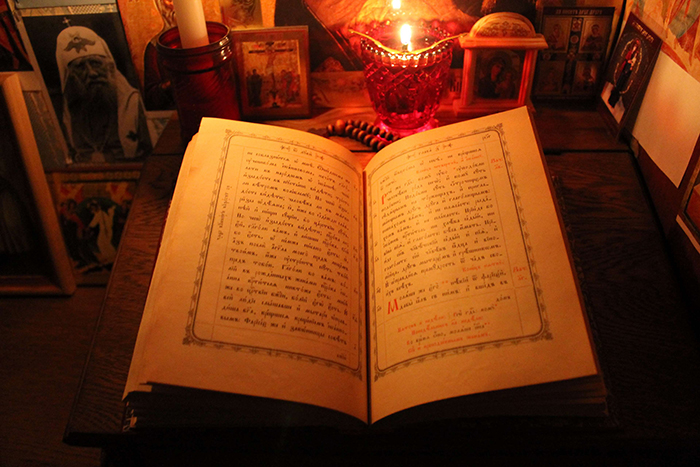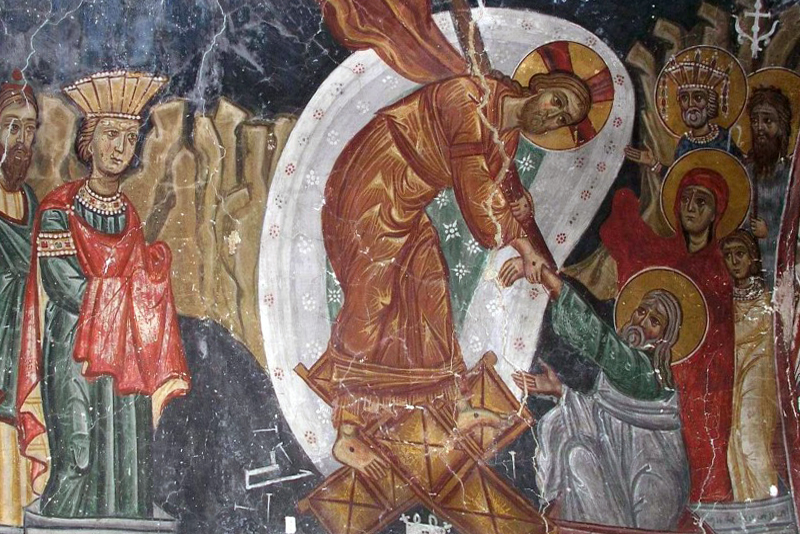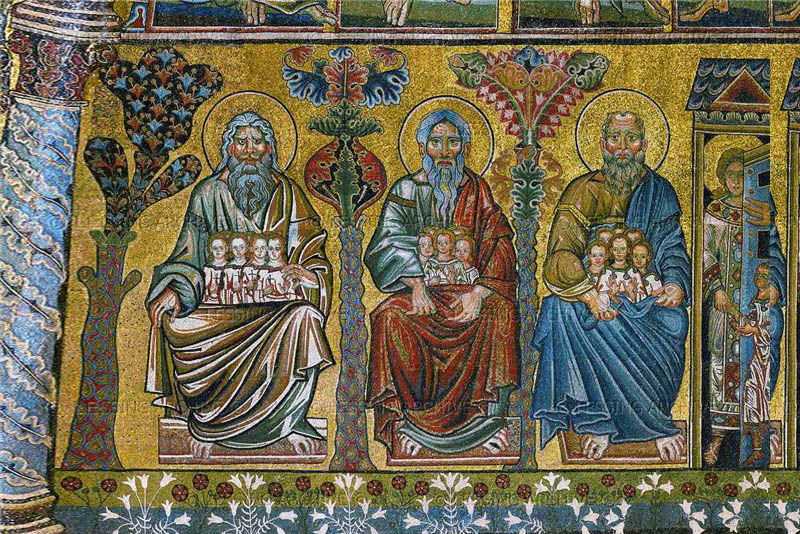
Blessed Jerome of Stridon said, “Not knowing the Holy Scriptures means not knowing Christ”. Saint Seraphim of Sarov taught that one should teach one’s mind so that it literally floats in the words of the Gospel. That is why he carried the New Testament book in his bag and read the entire New Testament over the course of a week. That is, he would read a Gospel a day, and the Acts, Epistles and the Revelation during the remaining three days. Thus, his mind really floated in the words of the Gospel.
Read the New Testament daily. It is usually advised to read one chapter from the Gospel and two from the Epistle. At different stages of spiritual life, a person reads the Holy Scripture in absolutely different ways; it is an endless process.
When reading the New Testament daily, it is worth writing down a phrase or sentence that touches your heart and that you want to remember.
It is advisable to pen it down instead of copying it electronically, as this will make it easier to memorize. Start a separate notebook for biblical quotes.
Saint Ambrose of Optina instructed his flock to read at least one chapter of the Gospel every day, and to try to do so in the morning. Why in the morning? First, your brain and your memory work best in the morning. Secondly, if you ponder over what you read in the morning during the day, you will soon notice that the perplexing question that may arise suddenly on that day will be solved by remembering what was said in the Holy Scriptures. It will be an answer from God in a difficult moment, be it practical or spiritual.
Is it necessary to listen to the Word of God and its teachings again and again, for I listen to it and do not do what it teaches?
Even though you don’t do it, keep on listening because it goes from hearing to doing it. At any rate, even if you do not do what you should do, you will be ashamed of sin; even if you do not do it, you will change your way of thinking; even if you do not do it, you will judge yourself for what you do not do (St. John Chrysostom).
Translated by The Catalogue of Good Deeds



